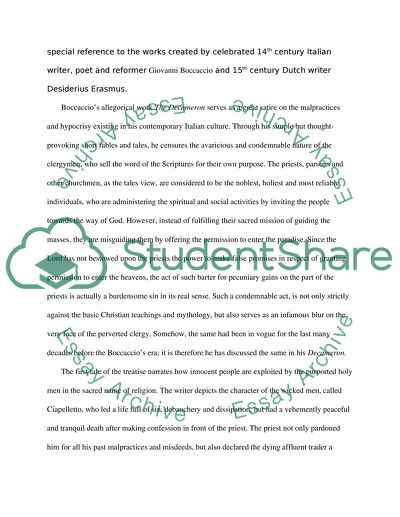Cite this document
(“In what ways did humanists have an effect on cultural and religious Research Paper - 1”, n.d.)
In what ways did humanists have an effect on cultural and religious Research Paper - 1. Retrieved from https://studentshare.org/miscellaneous/1576924-in-what-ways-did-humanists-have-an-effect-on-cultural-and-religious-development
In what ways did humanists have an effect on cultural and religious Research Paper - 1. Retrieved from https://studentshare.org/miscellaneous/1576924-in-what-ways-did-humanists-have-an-effect-on-cultural-and-religious-development
(In What Ways Did Humanists Have an Effect on Cultural and Religious Research Paper - 1)
In What Ways Did Humanists Have an Effect on Cultural and Religious Research Paper - 1. https://studentshare.org/miscellaneous/1576924-in-what-ways-did-humanists-have-an-effect-on-cultural-and-religious-development.
In What Ways Did Humanists Have an Effect on Cultural and Religious Research Paper - 1. https://studentshare.org/miscellaneous/1576924-in-what-ways-did-humanists-have-an-effect-on-cultural-and-religious-development.
“In What Ways Did Humanists Have an Effect on Cultural and Religious Research Paper - 1”, n.d. https://studentshare.org/miscellaneous/1576924-in-what-ways-did-humanists-have-an-effect-on-cultural-and-religious-development.


